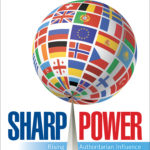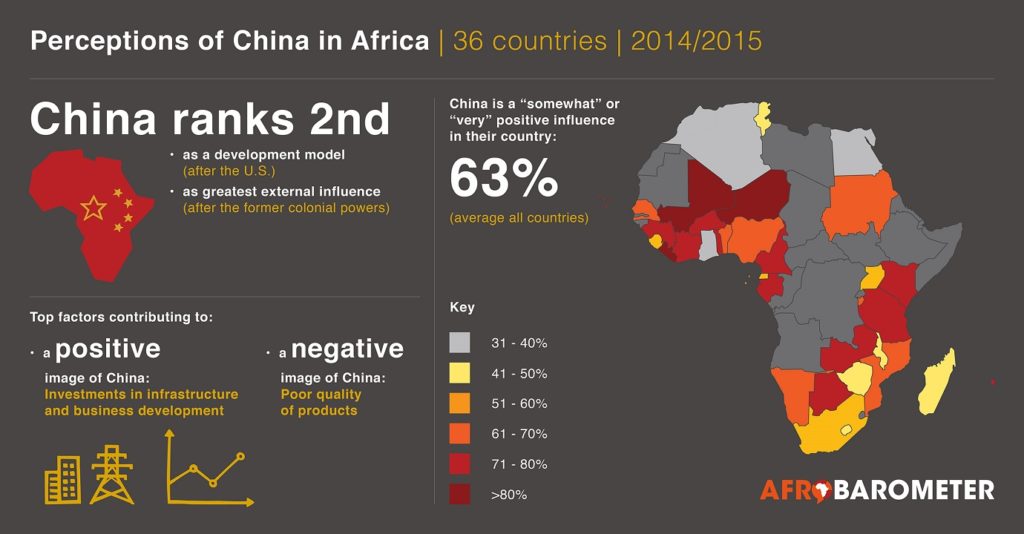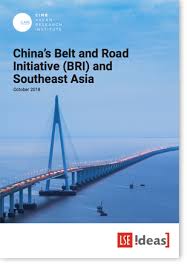The European Union is treating China as a geopolitical chimera, The Economist observes:
In 2019 the European Commission labelled China a “systemic rival”—diplomat-speak for an authoritarian brute, with little time for Western norms—as well as a partner on some topics and a competitor on others. … Stuck between an isolationist America and an authoritarian China, the EU casts itself as the last bastion of the liberal order. Yet it has not drawn a line at China’s tightening chokehold on Hong Kong. Nor, even, at China’s internment camps for Uighur Muslims.
Such a frame was “to a degree a cop-out from the start,” says Janka Oertel of the European Council on Foreign Relations. “What does it take to really rattle Europeans?”

National Endowment for Democracy (NED)
China’s aggressive influence operations have even alienated the citizens of the nicest country in the world, argues Therese Shaheen, CEO of US Asia International.
In a survey of more than 1,500 Canadians from May 2–4, just 14 percent of respondents held a favorable view of China. A Pew Research Survey in 2017 held that number at 48 percent. Beijing’s lack of transparency and veracity around its handling of the coronavirus is a factor in this steep decline in favorability, she writes for The National Review. Eighty-five percent of poll respondents disagreed with the statement, “The Chinese government has been transparent and honest about the COVID-19 situation in that country.”

A survey by Afrobarometer (above) found that 30 per cent of people saw the US as the best model of development in Africa, against 24 per cent for China and lower for former colonial powers. Numerous polls showing popular support for the concept — if not necessarily the practice — of multi-party democracy demonstrate the continued pull of American ideals. But the haphazard response to coronavirus by the US and the UK has knocked faith in western democratic institutions, The FT’s David Pilling writes:
Writing in the Global Times, a Chinese Communist party mouthpiece, Kenyan economist Mark Kapchanga goes one further, arguing that China’s development state offers a better path for Africa than western democracy. This is not true, yet you do not need to look far for evidence that China is gaining ground. Its trade with Africa is more than four times that of the US. More Africans study in China than in the US. And when it comes to wiring up the continent, China’s Huawei has no serious competition. Whatever the US is doing in Africa, it is not doing enough.

LSE
Cambodian Prime Minister Hun Sen’s corrupt, authoritarian regime relies heavily on Chinese patronage, says Sam Rainsy, the interim leader of the Cambodia National Rescue Party.
With Chinese support, Hun Sen’s regime has systematically undermined Cambodia’s democratic opposition and eviscerated its free press—but the fact that the prime minister remains sensitive to questions about Cambodia’s sovereignty, as evidenced by his repeated reference to the constitutional prohibition on foreign military bases, is telling, he writes for Foreign Affairs:










